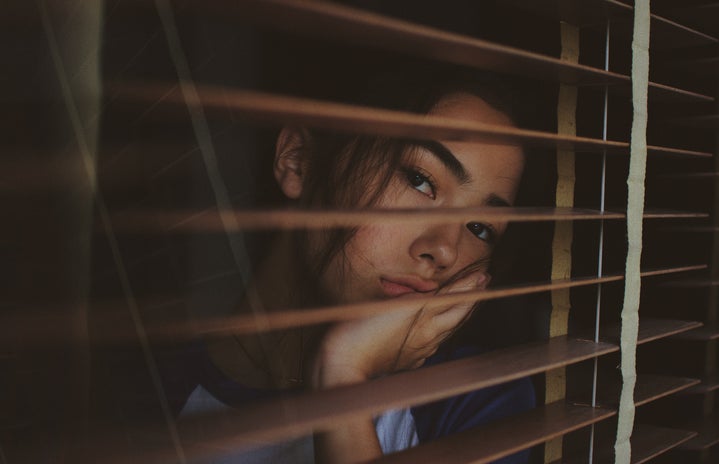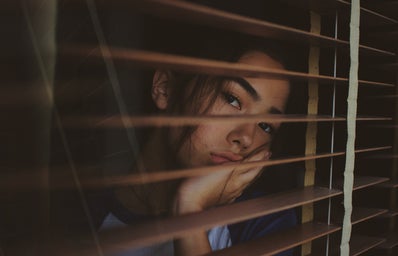The onset of fall has brought on seasonal coffee drinks, warm sweaters and festive decorations, but it has also come at a price for many people. A result of shorter days and cold weather often means the occurrence of Seasonal Affective Disorder, or the winter blues, which affects over 3 million people each year. Common symptoms of mild Seasonal Affective Disorder include feeling depressed, fatigued and socially withdrawn. It’s normal to spend less time outside as fall and winter approach, due to colder temperatures and dwindling daylight, but there are still ways to combat the winter blues.
Yoga and MEDITATION
One way to take better care of yourself is to practice self care, especially exercise and movement. Now is the perfect time to take an online yoga class or find a studio near campus, like Black Swan Yoga, which operates on donations and is open for drop-in participants. The studio is also a nine minute drive from campus and is an affordable and accessible option for all students. Yoga can be a great way to help practice mindfulness, relaxation and meditation— perfect for mitigating the effects of seasonal depression.
Mental Health Resources
If you are experiencing stronger symptoms of Seasonal Affective Disorder, another approach is to seek therapy or mental health counseling on campus. The university’s Counseling and Mental Health Center is a useful resource open to all students, offering a variety of services like virtual sessions, support groups and wellness workshops. These services can be accessed 24/7 and they are a great source of support for anyone who may be dealing with stress or mental health at any time throughout the year, not just fall or winter.
Vitamin D: the sunshine vitamin
Another way to combat the winter blues is to try alternative ways to get vitamin D, like sunlight lamps or supplements. Vitamin D is essential for bone growth and building a strong immune system; while normally people get their daily dose through sunlight, daylight saving time has caused days to be noticeably shorter, making it difficult to get outside and bask in the sun. UV lamps are an alternative to being in the sun, but they may be a costly investment and their use should not exceed 15 minutes at a time. This lamp from Target appears to be affordable and could provide a much needed recharge between classes. A more accessible way to get vitamin D is to incorporate foods like salmon, mushrooms, orange juice, yogurt and eggs into your diet, which are all strong sources of the vitamin and can be found at any grocery store or dining hall.
Seasonal depression, while common, can still be new and scary to anyone. A reminder to those struggling with seasonal depression at any level of severity is that you are not alone and there are always resources to help you practice healthy coping mechanisms. It is important to always be kind to yourself and others who may be having a harder time adjusting to the new changes and weather.


